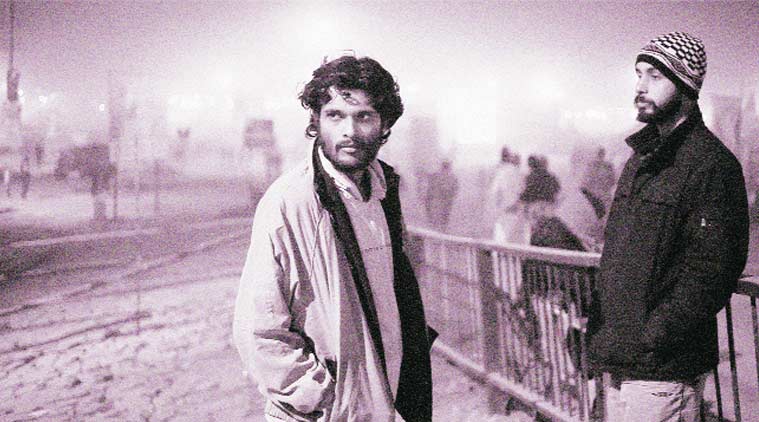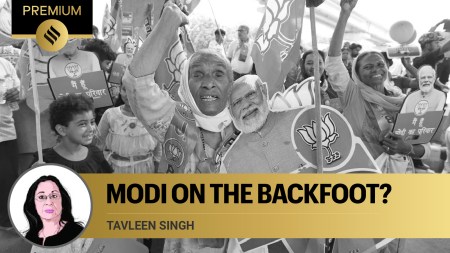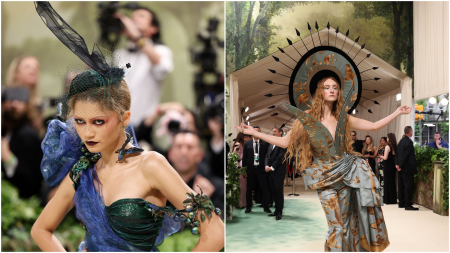- India
- International
Eyes Wide Open
Filmmaker Ashish Avikunthak’s latest work compels the audience to interpret the story and find their own answers.
 Beneath its abstract form, Kalkimanthankatha has socio-political undercurrents.
Beneath its abstract form, Kalkimanthankatha has socio-political undercurrents.
It takes 35 minutes of control and claustrophobia before experimental filmmaker Ashish Avikunthak’s latest, Kalkimanthankatha (The Churning of Kalki), breaks into its first frame of absolute colour and eases its viewers momentarily. The Bengali feature film is at once demanding and difficult, evoking questions, which provide no single answer or interpretation. It’s left open-ended for analysis.
The 79-minute-film borrows its structure from Samuel Beckett’s Waiting for Godot. It can be loosely described as the journey of two actors from Kolkata in search of Kalki — the unseen, final avatar of Vishnu — as they travel to the Maha Kumbh. Within the framework of this narrative, Avikunthak constructs an uninterrupted stream of consciousness that shifts and blurs between the political and the philosophical. Unlike the previous works of the filmmaker, who spends time between the US and India, the complexities of Kalkimanthankatha are rooted in the conversations it stages, rather than its technique and craft, seen in his earlier films Rati Chakravyuh (2013) and Katho Upanishad (2011).
“The key element of this film is to push the audience to think about it. The story and the answers are something that the viewer has to arrive at. I am constructing my own universe and inviting you into it for a journey. It will take you where you want to go,” says Avikunthak, who identifies himself as a film artist, rather than a film maker. The difference, he elaborates, lies in the former’s lack of interest and concern with catering to the audience’s needs. It is only fitting then that his work is being screened at Chatterjee & Lal, the art gallery housed at Colaba’s Arthur Bunder road, until July 31.
Although the film appears as largely abstract in its form, its dialogue and debate is charged with socio-political undercurrents. “The very act of making a film, which is deliberately outside the marketplace, is fundamentally a political activity for me. But there is also something ostensibly political happening in the film — the very act of invoking Mao in today’s time,” he says.
During their quest, set against the backdrop of a war, the two protagonists read the Chinese revolutionary Mao Tse-tung’s Little Red Book. Avikunthak’s use of the Communist text juxtaposed with the religious landscape of Kumbh is a commentary on the politics of contemporary India.

In the end, the two protagonists find Kalki, unlike Beckett’s characters in Waiting for Godot. However, viewers only begin their search through a new-found disillusionment, requiring them to revisit the film a second or third time. The poetic irony of the film lies in its ability to free its audience from an assigned perspective, and yet possess it enough to trigger a chain of thought and questions.
mumbai.newsline@expressindia.com
More Lifestyle
May 13: Latest News
- 01
- 02
- 03
- 04
- 05


































